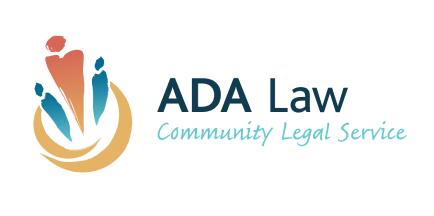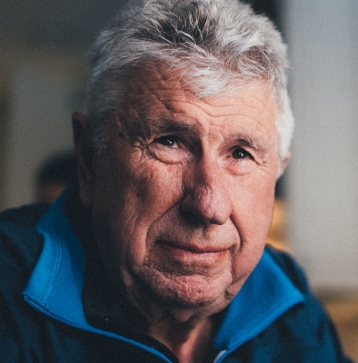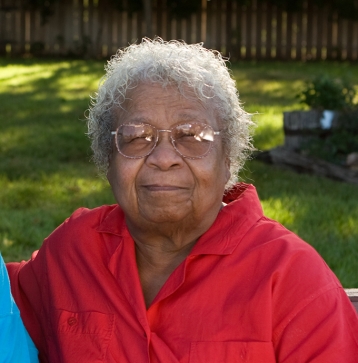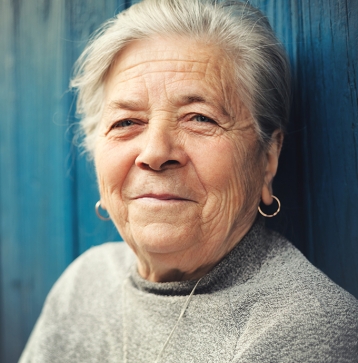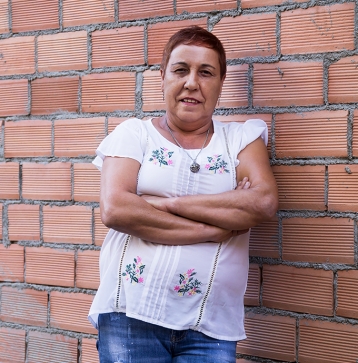Preparing Documents to
Safeguard Your Rights
Enduring Power of Attorney
In Queensland people have the option of creating a legal document called an Enduring Power of Attorney to nominate others to act on their behalf and make decisions for them if they are unable. These decisions may include personal, health or financial decisions, which may be simple or complex.
The role of Attorney can be confusing. It is recognized there has been a lack of education specifically developed to assist Attorneys to understand their legal duties and responsibilities.
To make it easier for Attorneys to act appropriately in their role as decision maker, ADA Australia with the support of the Queensland government have created resources.
The resources below can assist Attorneys to understand EPOA document, any terms and when and how to make decisions for another. It can also help support those who may be considering agreeing to the role of becoming someone’s Attorney, to understand more about the role and what will be required of them should the EPOA become active.
Enduring Power of Attorney (EPOA)
- How to Act Appropriately as an Attorney under an Enduring Power of Attorney (EPOA) in Queensland (VIDEO)
- Duties and Responsibilities as an Attorney under an EPOA in QLD
- Being a Brilliant Attorney – How to support the people you care for when acting as an attorney
- Making Decisions – Supporting clients and assisting Attorneys for Service Providers
- Your Life, Your Rights
- The General Principles and Health Care Principle
- Attorney Resources and Contacts Card – Have you agreed to act as an Attorney
- EPOA Access to Justice Project – ADA Australia in partnership with QUT, Australian Centre for Health Law Research and the Crime and Justice Research Centre participated in a research project to examine the access to justice issues for those experiencing financial elder abuse. A copy of the research report can be found here – Access to Justice – EPOA Project Report QUT
Guiding Documents
- Duties and Responsibilities as an Attorney under an EPOA in QLD
- Supporting Decision-Making – A guide for people living with dementia, family members and carers
The following documents can be found on the Queensland Government website
- Enduring Power of Attorney Short Form
- Enduring Power of Attorney Long Form
- Revocation of Enduring Power of Attorney Form
- Advance Health Directive
- Advance Health Directive for Mental Health
For more information about end of life matters such as advanced health directives, palliative care and organ donation in all states of Australia go to www.end-of-life.qut.edu.au
Attorney Resources
Are you an Attorney under and Enduring Power of Attorney (EPOA) in Qld?
In your interactions with Attorneys (decision makers), it is essential for your staff to ensure that:
- The terms of EPOA documents are being correctly applied
- Attorneys are acting within the limits of their role
- The General Principles are being applied to ensure the person’s rights are always protected
- Staff understand and follow the correct applications of the EPOA documents
- Staff are easily able to identify problems and make appropriate referrals
These Flowcharts will support the above needs and ensure staff are asking the correct questions to gain information needed.
We encourage support agencies and service providers to also download and print the above Attorney educational resources for circulation to clients and Attorneys to promote understandings of Attorney duties and to protect the rights of individuals
- Queensland Civil and Administrative Tribunal (QCAT): Ph. 1300 753 228 www.qcat.qld.gov.au
- Office of the Public Guardian: Ph. 1300 653 187 www.publicguardian.qld.gov.au
- Public Trustee of Queensland: Ph. 1300 360 044 www.pt.qld.gov.au
- Aged and Disability Advocacy Australia (ADA): Ph. (07) 3637 6000 or 1800 818 338 www.adaaustralia.com.au
- Carers Queensland: Ph. 1800 242 636 www.carersqld.asn.au
- Elder Abuse Prevention Unit (EAPU): Ph. 1300 651 192 www.eapu.com.au
- Queensland Advocacy Incorporated (QAI): Ph. (07) 3844 4200 www.qai.org.au
- Council on the Ageing (COTA) Queensland: Ph. (07) 3316 2999 www.cotaqld.org.au
- Seniors Legal and Support Service (SLASS): Brisbane at Caxton Legal: Ph. (07) 3214 6333. For regional phone numbers, see: www.qld.gov.au/seniors/legal-finance-concessions/legal-services/
Advance Health Directives
Advance Health Directive for Mental Health
In Queensland, adults with lived experience of mental health issues have the option of creating a legal document, called an Advance Health Directive for Mental Health (AHD MH), which gives health professionals guidance about your views and wishes for health care treatments, in the event that you are unable to consent at the time a health decision is required. The purpose of the AHD MH is to assist the adult to express views & wishes about their treatment, and to allow the doctors to be guided by the adult’s wishes and experiences. This provides a more collaborative and person centred approach to recovery.
Like other legal documents, an adult (principal) must have capacity to make the document, which means that at the time the adult is completing the document the adult understands the document, the consequences and options within the document, and when and how the document would be used.
The adult needs the cooperation of a doctor to fill in the document, and then it must be witnessed by a qualified witness (JP, lawyer, Comm Dec).
An AHD MH is an Enduring document, which means it remains a legally valid document even if the adult has lost capacity.
An AHD MH ceases to have any power once the adult has died.
An adult with capacity can revoke their AHD MH at any time.
Validly completing a new AHD MH automatically revokes a previously made AHD MH.
Within an AHD MH an adult may choose to appoint an attorney(s) for health decisions.
It is recommended the adult obtain independent legal advice before completing enduring documents, as they may inadvertently revoke previously made powers and directives.
Information and Resources
- AHD-MH Guide and Form [Queensland Health]
- Video resources about AHD-MH in Queensland:
- [1] View video: About Advance Health Directives for Mental Health (Qld, Australia) – YouTube [Approx 7 mins]
- [2] View video: Completing the AHD-MH Form — YouTube [Approx 12 mins]
- Webinar – Advance Directives for Mental Health – What do I need to know?
- Information and consumer resources on the Mental Health Act 2016
- Treatment and Care resources for clinicians
- Consumer/patient rights and support for the Mental Health Act 2016
- Queensland Civil and Administrative Tribunal (QCAT): Ph 1300 753 228 www.qcat.qld.gov.au
- MHLaw Qld – Queensland’s mental health legal directory www.mhlawqld.com.au
